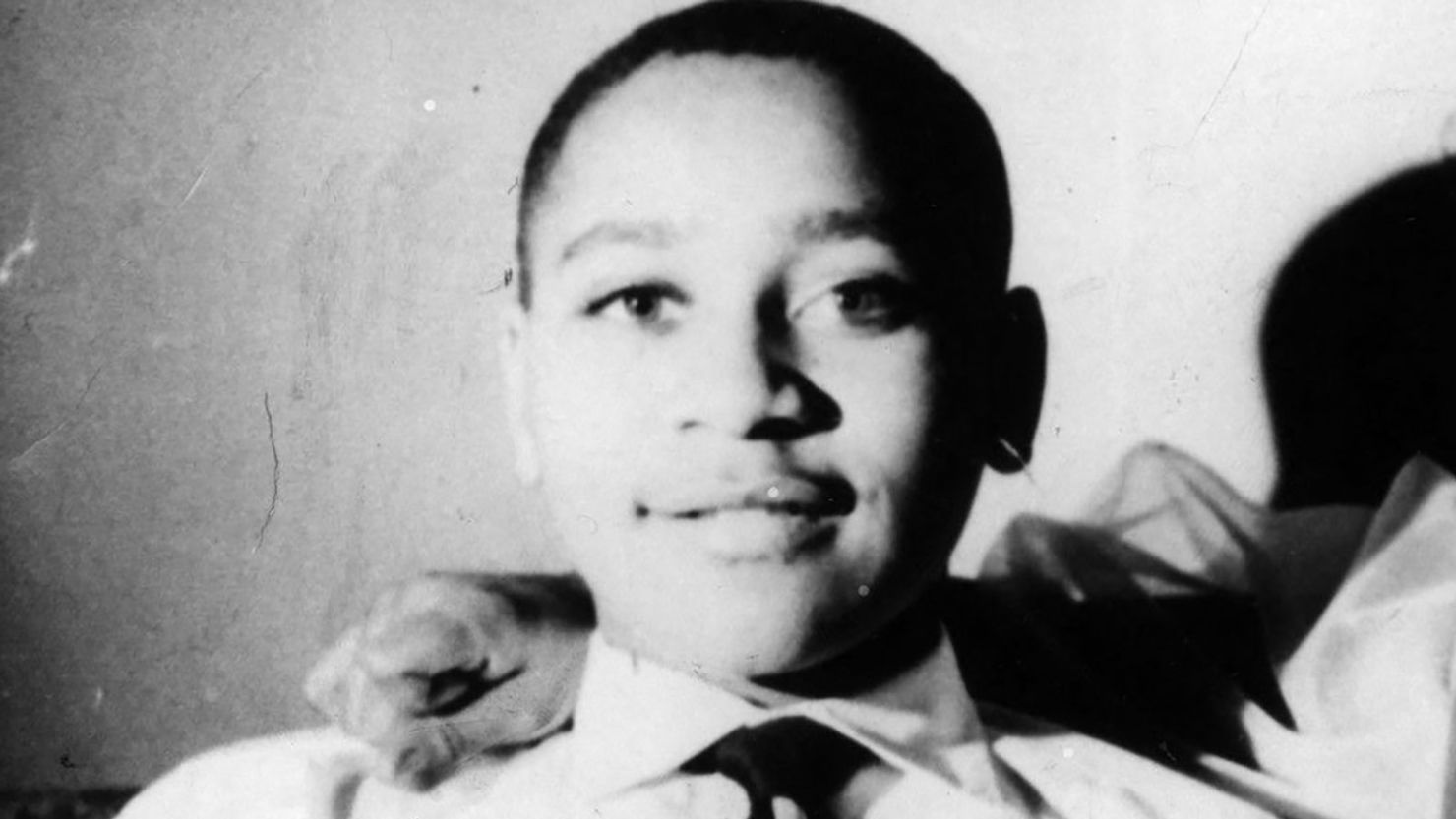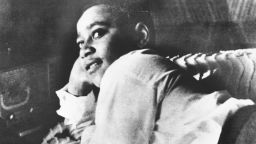Thelma Wright Edwards waited more than 65 years for someone to be held accountable for Emmett Till’s murder, but her hope vanished this week.
“I pinned diapers on Emmett. I lived with him, he was like a brother to me,” said Edwards of her cousin Emmett. “I have no hate in my heart, but I had hoped we could get an apology. But that didn’t happen, nothing was settled. The case is closed, and we have to go on from here.”
For the past four years, a controversial claim led federal officials to revisit the 1955 murder case that fueled the civil rights movement. As the investigation was officially closed on Monday, Emmett’s family members said at this point they think justice for Emmett may only be in God’s hands.
“We’re disappointed that no one has to paid for the tragic, brutal murder of a 14-year old-boy,” said Marvel Parker, executive director of the Emmett Till and Mamie Till-Mobley Institute, who is married to one of Emmett’s cousins. “But there’s no hatred in our hearts even, because we believe what the Lord said to many: ‘Vengeance is mine,’ he is the righteous judge.”
Her husband, Rev. Wheeler Park, was 16 years old when Emmett was killed. He said seeing his cousin being demonized left a mark on his family.
“For 66 years, we have suffered pain. I suffered tremendously because of the way that they painted him back in the day,” Parker said.
The family was not surprised to hear that federal investigators did not find evidence that would lead to federal charges.
“We cannot stop even though we don’t feel that we got justice,” said Ollie Gordon, another of Emmett’s cousins. “We still must move forward so that these particular hate crimes will not continue to be done and no justice is bound.”
The Justice Department closed its investigation into Emmett’s killing for a second time after federal officials could not prove that the woman who accused the 14-year-old had lied.
The case was reopened nearly four years ago “upon the discovery of new information,” the department said at the time and failed to elaborate further. But the actions of federal investigators followed a firestorm of calls for re-opening the case, prompted by the release of the book “The Blood of Emmett Till,” in which Carolyn Bryant Donham appears to recant her claims against the boy.
Sources familiar with the investigation told CNN that the critical statements Tyson attributed to Donham were not recorded or transcribed, and he gave inconsistent statements of whether a recording had ever been made.
When federal investigators spoke to Donham, she denied ever recanting her earlier testimony. CNN has reached out to Donham for comment.
In a statement to CNN, Tyson stood by his story.
“My reporting is rock solid,” Tyson said in a statement to CNN. “Carolyn Bryant denies it and avoids talking about it like it was the plague. I am standing in the public square telling the truth as I see it based on solid evidence.”
The Justice Department was pursuing the investigation under the 2007 unsolved civil rights crime act that bears Emmett’s name. The act paves the way for the department to “expeditiously investigate” unsolved pre-1980 civil rights murders.
The murder and acquittal
Emmett, known as “Bobo” by those close to him, was falsely accused of flirting with and making advances at then-21-year-old Donham, who, along with her then-husband, Roy, owned a grocery store in Money, Mississippi. Emmett had traveled there from Chicago to visit his great-uncle, who lived in the area.
Four days later, on August 28, 1955, Roy Bryant and his half-brother, J.W. Milam, rousted Emmett from his bed in the middle of the night, ordered him into the bed of a pickup and eventually beat him viciously before shooting him in the head.
His murderers then strapped a 75-pound cotton gin fan to his neck with barbed wire so it would weigh him down when they tossed him in the Tallahatchie River.
Not a month after the boy’s body was pulled from the river, an all-White jury acquitted Bryant and Milam of Emmett’s murder, despite eyewitnesses identifying the defendants and the men confessing to kidnapping the teen. Testifying for the defense, Carolyn Bryan Donham offered incendiary testimony accusing Emmett of grabbing and verbally threatening her.
Bryant and Milam told a reporter in 1955 how they killed Emmett and dumped his body in the Tallahatchie, but because of double jeopardy laws, they couldn’t be tried again. Milam died in 1980. Roy Bryant died in 1994.
An ‘unfortunate pattern’
Although the outcome of the DOJ investigation left many “heartbroken and saddened,” Benjamin Saulsberry, public engagement director at the Emmett Till Interpretive Center in Sumner, Mississippi, said social justice and racial reconciliation advocates are hopeful.
The center is located in the town where the two men accused of killing Emmett Till were acquitted by an all-White jury.
“The conclusion of this investigation is one that is heartbreaking and tragic in a lot of ways because it falls in line with the unfortunate pattern that has persisted, Saulsberry said.
Historically speaking, perpetrators who kill Black people evade justice and it’s tragic, he said.
Despite the investigation being closed, Saulsberry told CNN he and those who work with the Mississippi center remain hopeful. What adds to that, Saulsberry said, is that the Department of Justice and the FBI have relentlessly worked on the case.
CNN’s Amir Vera and Laura Jarrett contributed to this report.



